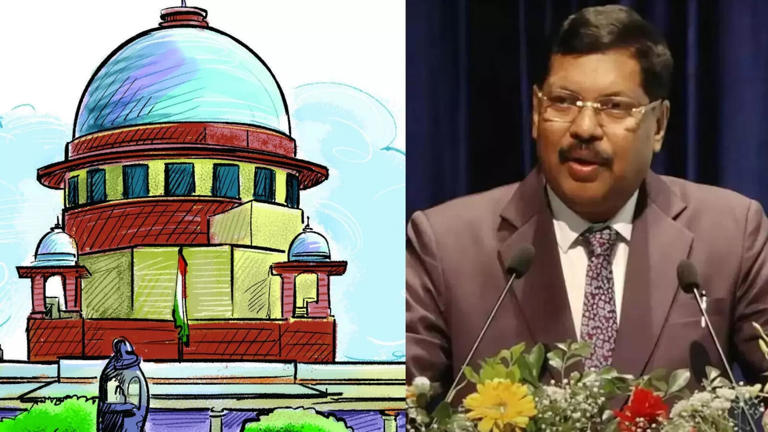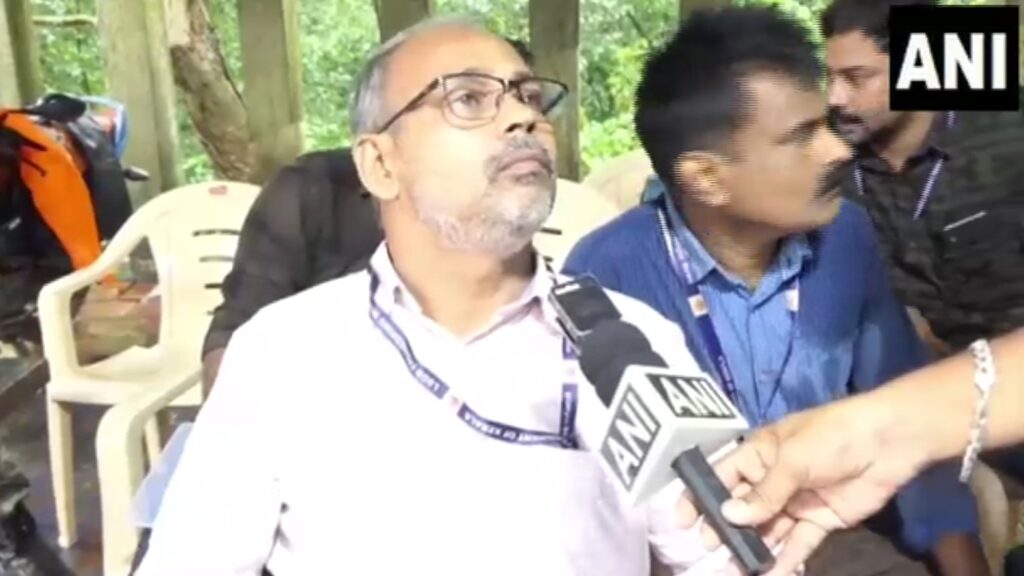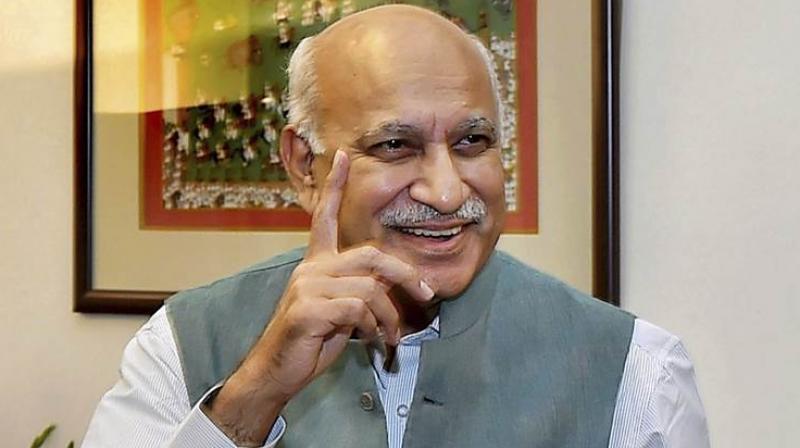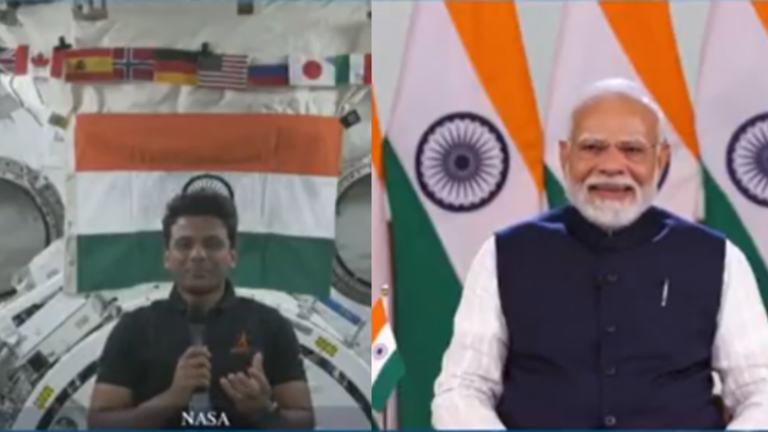What Happened During CJI BR Gavai’s Maharashtra Visit?
The Supreme Court of India dismissed a public interest litigation (PIL) filed over an alleged protocol breach during Chief Justice of India BR Gavai’s first visit to Maharashtra after assuming office. The bench, led by CJI BR Gavai himself, labeled the plea a “publicity interest litigation” aimed at gaining “cheap publicity” and imposed a ₹7,000 fine on the petitioner. The case stemmed from the absence of senior Maharashtra officials, including the Chief Secretary and Mumbai Police Commissioner, at a felicitation event for CJI Gavai on May 18. The court emphasized that such frivolous PILs undermine the dignity of constitutional offices and waste judicial resources.
The controversy arose when senior Maharashtra officials, including the Chief Secretary, Director General of Police, and Mumbai Police Commissioner, failed to attend a felicitation event for Chief Justice of India BR Gavai on May 18, 2025. As the first Buddhist Dalit CJI, Justice BR Gavai expressed disappointment, highlighting the importance of mutual respect among the judiciary, legislature, and executive—key pillars of India’s democracy. The absence was seen as a protocol violation, prompting CJI Gavai to voice concerns about the dignity of his office. Following his remarks, the officials met him at a subsequent event, apologized in person, and issued public apologies, which the CJI accepted, urging that the matter not be escalated further.
CJI Gavai expresses displeasure over absence of top Maharashtra officials during his first visit as Chief Justice
— Bar and Bench (@barandbench) May 19, 2025
CJI clarified that he was not insisting on protocol, but emphasized the importance of other pillars of democracy showing respect to the judiciary.
Read more:… pic.twitter.com/9KTaQ20KfL
Why Did the Supreme Court Dismiss the PIL and Impose a Fine?
The petitioner filed a PIL seeking an inquiry into the absence of Maharashtra officials, despite their apologies and CJI Gavai’s request to let the matter rest. The Supreme Court, in its May 2025 ruling, criticized the plea as a “publicity interest litigation” meant to garner cheap publicity rather than serve the public interest. The bench, led by CJI BR Gavai, noted that the issue was trivial and had been resolved through apologies. The court imposed a ₹7,000 fine to deter such frivolous PILs, emphasizing that they burden the judiciary and sensationalize minor protocol lapses. The ruling underscored the Supreme Court’s stance on frivolous PILs and the need to uphold the dignity of constitutional offices.
#BREAKING CJI B.R. Gavai on Maharashtra protocol row: “A trivial issue shouldn’t be blown out of proportion.” Regrets expressed. Matter closed. Urges everyone to give the matter a quietus. #CJI #Judiciary #ProtocolRow pic.twitter.com/yGyeDnviG8
— Bar and Bench (@barandbench) May 20, 2025
How does this decision impact the judiciary and public interest litigation in India?
The Supreme Court’s ruling sends a strong message against using the judiciary for personal publicity, reinforcing the importance of filing PILs with genuine public interest. It highlights the court’s commitment to protecting the dignity of constitutional offices, such as the CJI, and ensuring that minor protocol breaches are not blown out of proportion. The decision also clarifies the role of protocol in judiciary events, emphasizing mutual respect among democratic institutions. Furthermore, it may prompt stricter scrutiny of PILs, discouraging misuse while preserving their role in addressing legitimate public concerns. The Bar Council of Maharashtra’s reaction to the incident and demands for action against officials further underscore the need for clear protocol guidelines for CJI state visits.





















